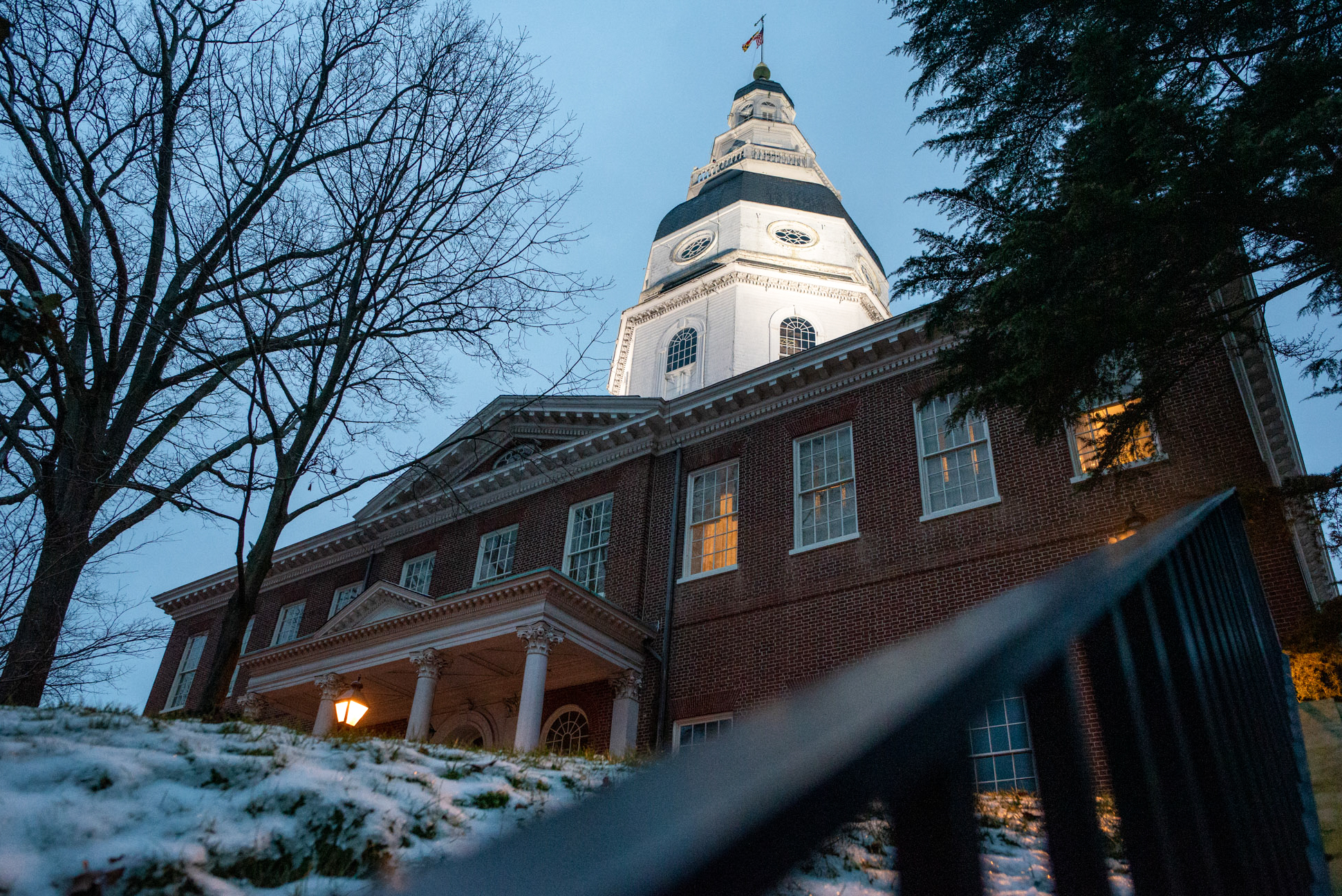A proposed Maryland General Assembly bill would legalize medical aid in dying — the ability for terminally ill patients to receive prescription medicine to help them end their life.
The End-of-Life Option Act, sponsored by Sen. Jeff Waldstreicher (D-Montgomery), comes amid national conversations about legalizing medical aid in dying. The bill had hearings in the Senate on Feb. 8 and in the House on Friday.
Currently, 10 states and Washington, D.C., have legislation legalizing medical aid in dying, according to the non-profit organization Compassion and Choices.
Waldstreicher said following the June 2022 Supreme Court decision that struck down federal protection for abortion, it was clear the issue of bodily autonomy “was going to be a central issue in every state.”
“Last year, Maryland took steps to enshrine the right to choose in the state constitution when it comes to reproductive freedom,” he said. “But dignity at end of life is also a bodily autonomy issue.”
Versions of this bill have failed to pass since 2015, but proponents for the legislation said they’re hopeful this is the year it will succeed.
Waldstreicher said he believes the legislation has the necessary votes in both his committee and on the Senate floor, but that it will be close.
[UMD graduate students, administrators testify on state collective bargaining bill]
Maryland Gov. Wes Moore has signaled his support for a bill legalizing medical aid in dying this legislative session — as long as the bill has “dignity at its core,” according to Maryland Matters.
Del. Joseline Peña-Melnyk (D-Anne Arundel and Prince George’s), a sponsor of the House bill and chair of the Health and Government Operations Committee, said Moore’s support for the bill is “wonderful.”
“I hope that this is the year,” Peña-Melnyk said. “The Senate president and members are working hard to make sure that it passes this year, so I’m very optimistic.”
In testimony to the House Health and Government Operations Committee on Feb. 16, Del. Terri Hill (D-Howard), the House bill’s lead sponsor, said the legislation asks what role the government will play in a terminally ill patient’s decision on how they handle their death.
“It recognizes that the dying process, that final journey, is a very intimate process, it is perhaps the most intimate thing that we will ever experience,” Hill said in the hearing. “It’s recognizing the importance of autonomy.”
But some Marylanders are opposed to the legislation based on religious beliefs. Other opponents to the bill raised concerns of the legislation being used to take advantage of people with disabilities.
Del. Brian Chisholm (R-Anne Arundel) said during the hearing Friday that he fears the legislation could be “used in a very nefarious way.”
“How do we make sure we are actually protecting those that may not be able to protect themselves but don’t actually want this option?” he said.
Hill highlighted the provisions built into the legislation that must be met for a terminally ill patient to be prescribed medicine to assist in their death.
Patients must be diagnosed by at least two physicians, have a predicted life expectancy of less than six months, be able to administer the medicine themselves and be informed of other options, Hill said.
“This is not a quickie. This process takes a lot of time in order to meet all of the steps,” Hill said. “We have evidence from other states and their experiences that [coercion] is not what we are seeing.”
[Wes Moore discusses public safety, affordable housing in State of the State address]
According to polling published by Gonzales Research and Media Services in February, approximately 70 percent of Maryland voters support medical aid in dying.
After suffering headaches and throwing up for months, Brittany Maynard was diagnosed with a glioblastoma multiforme, a highly aggressive form of brain cancer, while on a New Year’s trip with her husband, Dan Diaz.
Upon receiving a terminal diagnosis, Maynard and Diaz moved from their home in California to Oregon, so she could have the option of medical aid in dying through the state’s Death with Dignity Act.
Now, Diaz is an advocate for medical aid in dying across the country.
“The promise I made to Brittany was that I would help pass legislation in more states so that nobody else would ever have to endure what we did, what Brittany did, of leaving your home after you’ve been told you have six months,” Diaz told The Diamondback.
Diaz testified in hearings in both the House and the Senate in Annapolis in support of the legislation.
He said the campaign against medical aid in dying is based in fear.
“Their campaign is just to scare people,” he said. “That’s why I share what this legislation is really about: how rigorous those protections are, what it takes to get through that process and the benefit to that patient.”



